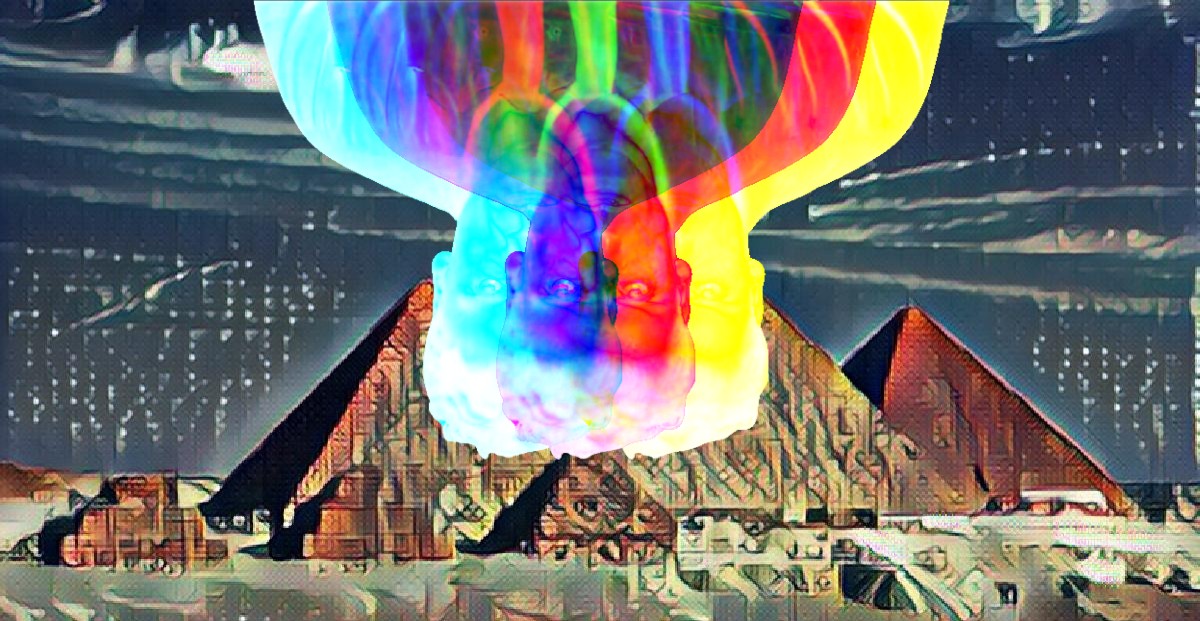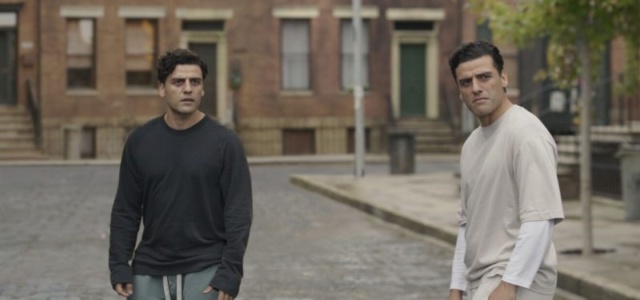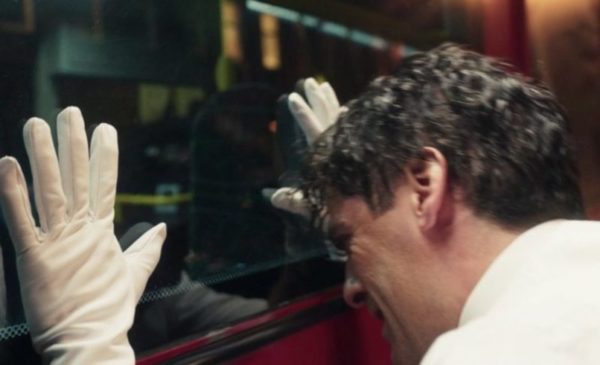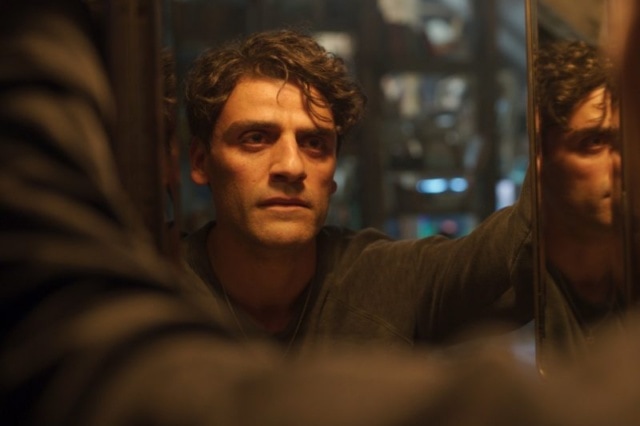Cosmic Psychologist: ‘Moon Knight’ and Mental Health

As a psychologist, mental health and proper representation in media are important. Shining light on mental health struggles and how people deal with them every day is essential to eliminating the stigma. However, film and television have not told stories where mental health is properly portrayed. Many times mental health is glamorized or dramatized, feeding into a macabre fascination of the viewers. Anxiety, Depression, Bipolar disorder, this dramatization is present with all, however none more so than the media’s representation of Dissociative Identity Disorder, otherwise known as DID.
This is why a nervousness settled in immediately when Moon Knight was announced back in August 2019. While I love Moon Knight as a comic book character, I worried about how Marvel Studios would present the mental health aspect of the character. Kevin Feige saying “or is he just crazy?” during the announcement didn’t do much to calm those fears.
Here we are in 2022, with the fifth episode of the Disney+ show appealing to both the mind of a psychologist and the heart of a comic book nerd in me. The show is funny, action-packed, and incredibly trippy. But is it an accurate representation of what DID is, without twisting the experiences of those who live with it every day? After episode five, I am much more confident that it is.
[Spoilers for Moon Knight episode 5 are discussed below]
Mental Health in Moon Knight: Plot and DID
If I asked you to name a project where the main character has DID, what would come to mind? During the planning stages of this article, two popped into my head immediately, Split and The United States of Tara. One a horror film, another a comedy television series. Two extreme examples of the media’s use DID as a plot device.

In Moon Knight, we begin with Steven Grant (Oscar Isaac), who learns there’s another sharing his body, Marc Spector. This alter is vastly different from Steven’s. Steven is timid and kind and Marc is tough and kind of an ass. However but both are as real as the other. They begin the series fighting over control of the body, neither enjoying being sidelined. By episode five, they are working together to survive.
Marvel Studios did something that is essential when writing and filming stories about individuals with DID. They made DID part of the person without making it the plot. There are still elements they use within the plot that takes into account DID – such as different superhero suits for different alters.
However, the entirety of the plot isn’t centered on Steven/Marc and their DID. This shifts DID from plot device to character trait, hopefully normalizing the disorder to the general population. Reducing the stigma they might have towards the disorder and the people with that diagnosis.
Moon Knight’s Superpower isn’t his Diagnosis
Marvel Studios also changed the presentation of DID from a lot of other media, which was incredibly refreshing. While Marc and Steven have DID, it wasn’t shown to be a superpower. Take Split, for example, a film where James McAvoy plays an individual who has 23 alters. In the film, it’s discovered that McAvoy’s character had a secret 24th alter, named the Beast, who exhibits feats of strength, agility, and superhuman abilities, granted to him by the DID. This isn’t an uncommon trope seen in films and television, sadly.

While the show may have superpowers in it, they do not stem from the fact that Marc/Steven have DID. Switching from Marc to Steven or vice versa doesn’t grant the system any extra powers or abilities. While each alter has specific abilities unique to their alter, such as Steven’s love of Egyptology and Marc’s ability to fight, you won’t see either throwing cars or defying gravity due to whoever is facing at the time.
Moon Knight’s Formation of DID is Incredibly Real
During the development of Moon Knight, Marvel Studios consulted psychologists and experts in the field about Dissociative Identity Disorder, and you can tell. The writing and development of Marc’s backstory in episode five were deep and real to the formation of DID in many individuals.
In episode five, we see Marc experiencing years of abuse from his mother, resulting from his younger brother’s death. She gave Marc the role of protector, due to his ranking in the sibship, resulting in her sadness and unchecked mental health issues lashing out at Marc for existing.
There were many years of heavy abuse from his mother before Steven’s alter developed. All of which is true for DID. The disorder is rooted in trauma, usually childhood trauma. The trauma is considered severe and prolonged, meaning that it is experienced for long periods of time. Eventually, due to the extreme physical, mental, or emotional abuse/trauma, an alter can form.

The portrayal of DID in Moon Knight has been the closest to the reality that I have seen as a mental health professional and I’m not alone. Yesterday I had the pleasure of hearing from others in the field, as well as individuals who have DID about their experiences with the show.
Those individuals living with DID spoke about the realness of the development of Marc’s DID. For some, it was too real, indicating that it brought back experiences and feelings that were still raw. Those working in the field spoke about their experiences as professionals working with those who have DID. It was real to them in a vastly different way. For those living with or working with DID, Moon Knight opened a door and started a conversation that hopefully leads to a better-continued representation of all mental health aspects in media.
How did you feel about Moon Knight’s portrayal and handling of DID? Let us know in the comments or on social media. (On Facebook, or on Instagram / Twitter: @mycosmiccircus)


